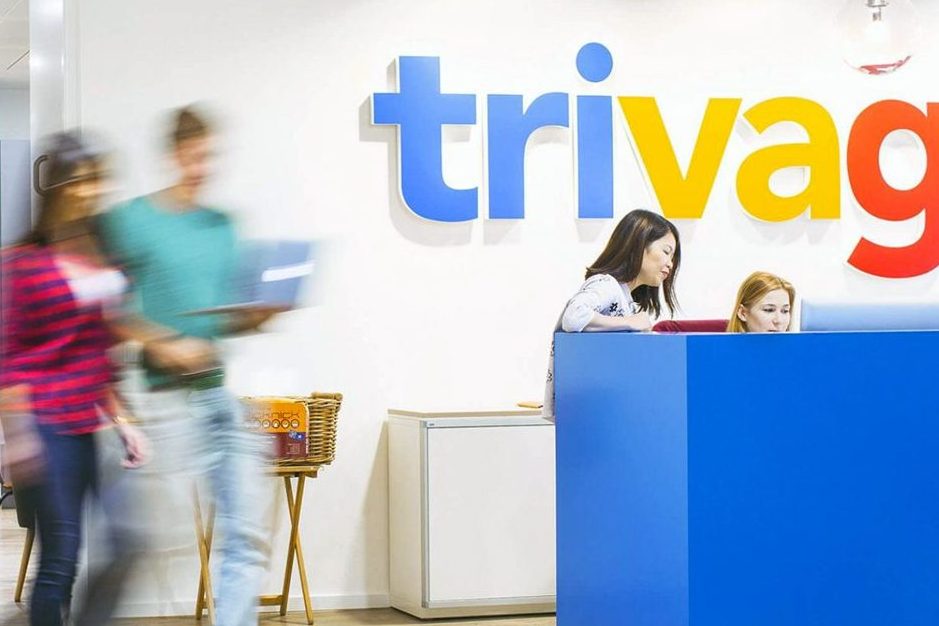Skift Take
The German hotel search site predicts that its revenue will grow by 50 percent this year. It will also spend about 85 percent of that revenue on marketing. That's a path to either dominance — or disaster.
Trivago, the German hotel search site majority-owned by Expedia, has placed a risky bet on rapid growth through advertising.
The bet is risky because of intense competition.
Trivago is sparring with well-funded rivals for paid traffic, such as Priceline Group’s Kayak and Ctrip’s Skyscanner. The more these companies fight for customers, the more money that has to be spent by all of them to try to become the world’s most-used hotel search engine.
But Trivago says its bet has already begun to pay off according to its first quarter 2017 financial results.
On Monday the German-headquartered company reported a profit of $8.45 million, or €7.7 million, compared to a small loss in the first quarter of 2016. Prior to that, the travel portal had been sustaining losses in the double-digit millions for some time.
The profits came against a backdrop of enormous investment. Since Expedia took a majority stake a little more than four years ago, the number of Trivago’s employees has quadrupled and sales have grown six-fold.
By the close of the U.S. markets on Monday, investors had responded to the news of profit by boosting the value of shares in Trivago by 12 percent, to $20 a share. That was the stock’s highest share value since the company went public this past winter at $11.20 a share.
Trivago saw revenues jump 62 percent to $286 million (or €267.6 million), a 6.8 percent increase from the fourth quarter last year (which was the company’s only past publicly reported quarterly results).
Investors were reacting partly to the news that the profit was made possible by new revenue sources beyond collecting commissions when consumers booked hotels through its marketplace.
Trivago says it is diversifying its income with the sale of subscription services to hotels. Out of the more than 280,000 hoteliers that use its free platform, more than 30,000 were paying a subscription to receive enhanced features as of the end of March 2017.
Investment analysts at Goldman Sachs said in a report earlier this year that Trivago has other tailwinds at its back: “We continue to believe Trivago is well-positioned to benefit from multiple trends in travel as average daily rates, occupancy rates, and online share of bookings grows.”
Last year, Trivago spent 87 percent of its revenue on marketing. That’s unsustainable, long-term. Compare that to Coca-Cola, a company that famously embraces brand advertising, which spent only about 10 percent of its revenue on advertising last year.
What has the huge marketing expenditure bought? Trivago Managing director Johannes Thomas says the company wants to reach the 80 to 90 percent brand awareness in many markets in Europe and to improve the 60 percent brand awareness it has in the U.S. thanks to the Trivago Guy, Trivago Lady, and other advertising variations.
The hope is that customers wooed by brand advertising will turn into repeat, loyal customers and thus reduce long-term marketing costs, according to Thomas, when he spoke last month at Skift Forum Europe 2017.
Expedia Inc CEO Dara Khosrowshahi has characterized Trivago as one of “the superchargers” within its portfolio.
The Daily Newsletter
Our daily coverage of the global travel industry. Written by editors and analysts from across Skift’s brands.
Have a confidential tip for Skift? Get in touch
Photo credit: If these employees seem happy now, wait til they see the fancy new Düsseldorf offices that are being built. Trivago
